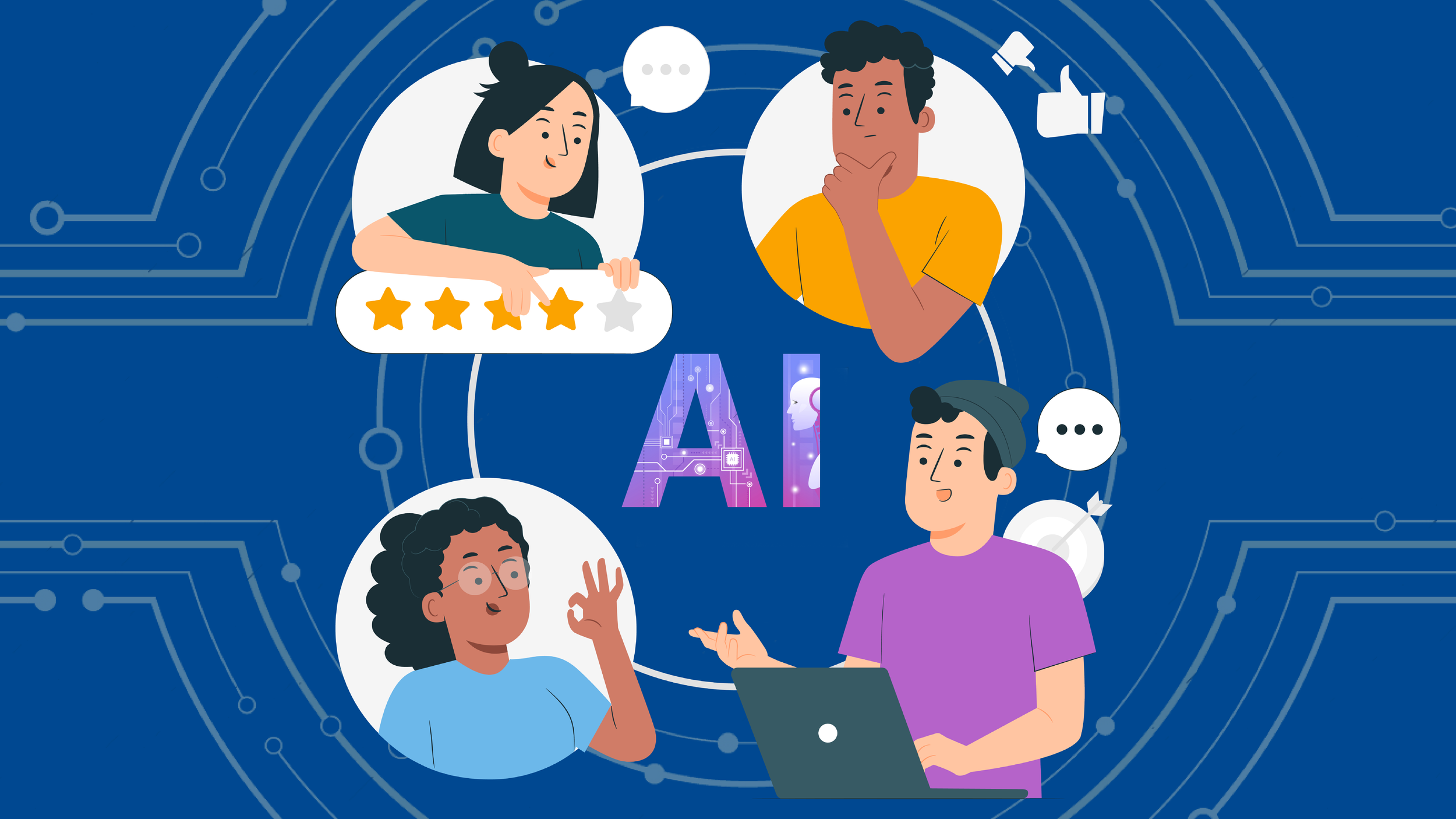As educators, it's crucial for us to evolve with technology to enhance our teaching methods and better prepare our students. This article primarily focuses on high school and college-level learning. My decade of experience in education spans from working with students in 4th to 12th grade after-school programs, to a competency education program for adult blue-collar workers aiming for college degrees through project-based learning. In the past six years, I've consulted K-12 institutions, colleges, and universities on Social Emotional Learning methods, improving teacher-student connections and aiding educators in effectively teaching diverse backgrounds, including English Learners. Additionally, I've collaborated with EdTech companies to refine their learning metrics for technological integration.
I have noticed resistance from educators in adopting new technologies and advancing their teaching techniques. As technology evolves, so does the manner in which knowledge is captured, shared, and distributed. The rapid advancement of AI tools makes it inevitable for students to surpass educators in using technology in their educational experiences. Reflect on the last 50 years; technological advancements have reshaped traditional access to information. We've transitioned from relying on books and experts to typewriters, computers, the internet, email, Google, learning management systems, YouTube, and now AI technologies. Initially, educators hesitated to adopt these technologies, fearing replacement and devaluation of their roles.
Over time, student adoption of these technologies outside the classroom has gradually permeated into schools. Humans always seek more efficient ways to accomplish tasks. If students can streamline their assessment deliverables, they will. In my high school days, classmates used SparkNotes extensively. Some didn't read the books but could compose essays based on summaries, achieving their grades without engaging with the material as intended. Similar trends were seen with Google and Wikipedia. While understanding scientific research methods is important for credibility assessment, the direct approach to learning often proved effective for my peers.
Post-college, I noticed a disparity between workplace expectations and academic approaches. In the professional world, efficiency, proficiency, and productivity are paramount, with less emphasis on the education institutions’ process and more on results.
Today, AI tools like ChatGPT are widely used by students, and this trend won't reverse. Educators must adapt alongside these technologies, reassessing current expectations and standards. Holding onto outdated methodologies because they reflect traditional teaching styles hinders progress. Educators should embrace current technologies, guiding students to be effective and critical thinkers. With declining reading levels due to dictation tools and voice-operated systems, educators need to understand and integrate these methodologies into their teaching models.
Investing in tools to detect cheating with AI is futile. Students are adept at utilizing AI for substantial portions of their projects and papers. Instead of attempting to restrict access to these technologies, we should focus on how to use them effectively, demonstrating to students their proper application rather than denying their utility. This rapid evolution is necessary to stay relevant and effective in our teaching practices.

